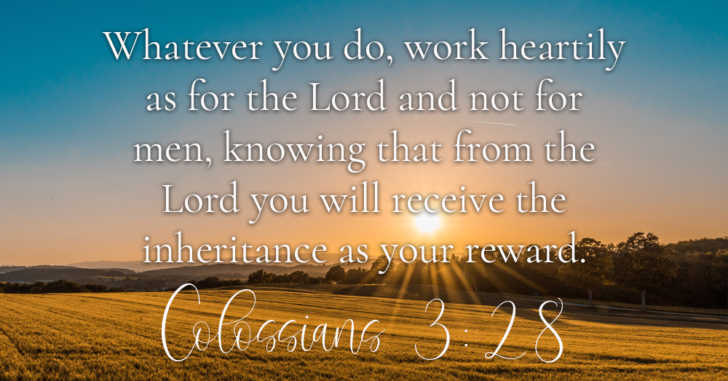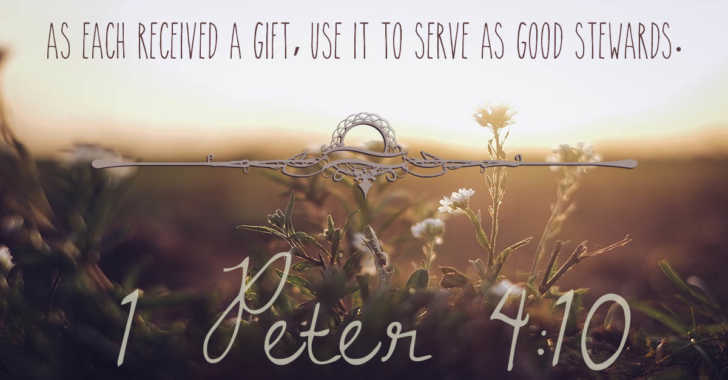It’s Not About What We’re Given, It’s About How We Use It
We may all have different levels of wealth and poverty – be it financially, or with your gifts and talents – but we have the same God. We have the same Bible. We have the same call in Colossians 3:23 to work heartily for the Lord, in whatever we do.

If you’ve been going to church for any amount of time, chances are, you’ve heard a sermon or ten on the Parable of the Talents. In case it’s been a while, here’s a brief summary to jog your memory: A master has 3 servants. He gives one servant $500, another $200, and another $100. Then the master goes away on a long journey. When he returns, the first servant was found to have invested the money well, and doubled the initial investment. His master is well pleased, and says the profits will be shared. The second servant also invested well, and doubled the profit. Again, the master is overjoyed, and shares his wealth with the servant. The third servant was afraid of losing the little money that was given to him, so he hid it. The master was furious, rebuking the servant for not at least putting the money in a savings account so that it could accrue interest. You can read the full account of the parable in Matthew 25.
The meaning of stewardship

A lot of the sermons preached over this passage focus on stewardship in the sense of either money or talents. They talk about not being afraid to invest yourself in relationships, or about the selfishness of “hiding” your money or talents away, and they usually really hit it home with verse 21, “Well done, good and faithful servant. You have been faithful over a little; I will set you over much. Enter into the joy of your master.”
There is, however, an unsettling truth that isn’t often discussed from the pulpit: everyone was given different amounts. The master in this parable doesn’t explain why one servant received five times the amount of money than another servant, and Jesus, the narrator of this particular parable, doesn’t give us any other information either. Probably because it doesn’t matter. The master only cared about what the servants did with what they were given.
We all have different starting points. Growing up, “poor” for me, meant that the rent check bounced again, and we as a family unit had negative money in the account till pay day. We did, however, still have a roof over our heads, a bed to sleep on, books to read, and a car to drive. For my childhood friend, Sarah, “poor” meant that she couldn’t get a new laptop, she had to use her older brother’s. For my other friend, “poor” meant that she and her family lived with their aunt and uncle and cousins in a two bedroom apartment, and all of the kids slept on the floor and walked two miles to school every day. Our Master does not explain why we were each given such a diverse set of circumstances, but it doesn’t really matter. We were all given the same command: to “love the Lord your God with all your heart and with all your soul and with all your mind and with all your strength,” (Mark 12:30).

SKM: below-content placeholderWhizzco for FHB

